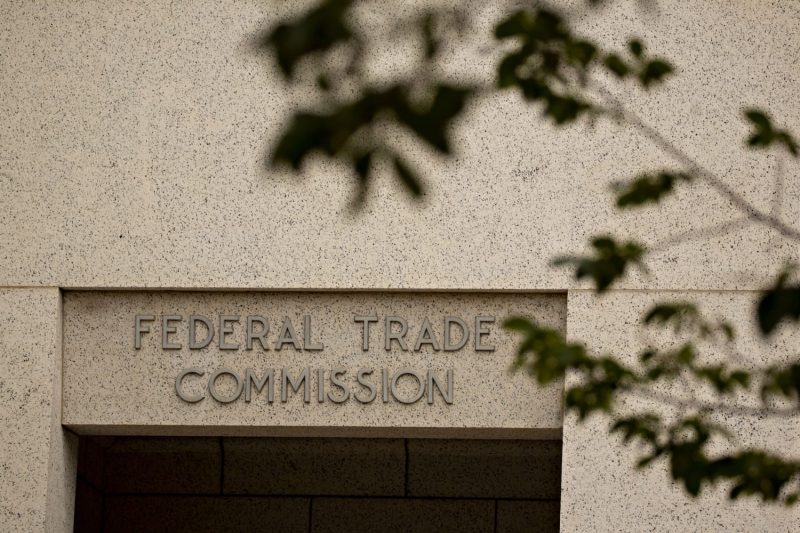The recent accusations by the Federal Trade Commission against three major drug middlemen for artificially inflating insulin prices have sent shockwaves through the pharmaceutical industry and consumer advocacy groups alike. This development sheds light on the opaque and complex nature of the drug pricing system, revealing how certain actors exploit market dynamics to maximize profits at the expense of patients in need of life-saving medications.
The three accused drug middlemen play a pivotal role in the supply chain of insulin, a crucial medication for millions of Americans living with diabetes. By taking advantage of their position and engaging in anticompetitive practices, these middlemen allegedly conspired to drive up the prices of insulin, creating significant financial burdens for patients and limiting access to essential treatment.
One of the key allegations made by the FTC is that these middlemen engaged in a process known as rebate walls, whereby they negotiated deals with drug manufacturers to secure exclusive discounts in exchange for preferential placement on their formularies. This practice effectively locked out competitors from the market, allowing the accused middlemen to maintain a stronghold on insulin supply and dictate prices at inflated levels.
Furthermore, the FTC’s investigation revealed evidence of collusive behavior among the accused middlemen, suggesting a coordinated effort to maintain their dominance in the insulin market and prevent any disruptive forces from challenging their profit-driven strategies. This behavior not only harms consumers by artificially inflating prices but also stifles innovation and competition in the pharmaceutical industry, ultimately undermining the goal of providing affordable and accessible healthcare to all.
The repercussions of these actions extend far beyond the realm of insulin pricing, raising broader questions about the transparency and accountability of the pharmaceutical supply chain. As the cost of prescription drugs continues to rise, patients are increasingly being forced to make difficult choices between their health and financial well-being, highlighting the urgent need for regulatory oversight and reform.
In response to the accusations by the FTC, the accused drug middlemen have denied any wrongdoing and vowed to defend their business practices. However, the fallout from this investigation is likely to have far-reaching consequences for the pharmaceutical industry, prompting calls for greater scrutiny and regulation to curb the power of middlemen and ensure fair pricing for essential medications.
Ultimately, the allegations of price inflation and anticompetitive behavior leveled against these drug middlemen serve as a stark reminder of the challenges inherent in the pharmaceutical market. As policymakers, healthcare providers, and consumer advocates work to address these issues, the hope is that meaningful reforms can be implemented to protect patients, promote competition, and ensure affordable access to life-saving medications for all.
